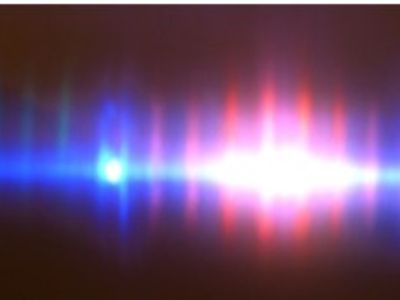The course covers the physical principles underlying the operation af basic photonic components such as lasers, modulators, optical fibers and detectors and involving the generation, transmission, manipulation and detection of light.
Specifically, the course covers the following topics:
- Electromagnetic optics
- Beam optics
- Guided-wave optics
- Coupled mode theory
- Optics af periodic systems
- Resonator optics
- Acousto-optics
- Electro-optics
- Nonlinear optics
- Ultrafast optics
- Generation and detection af light
